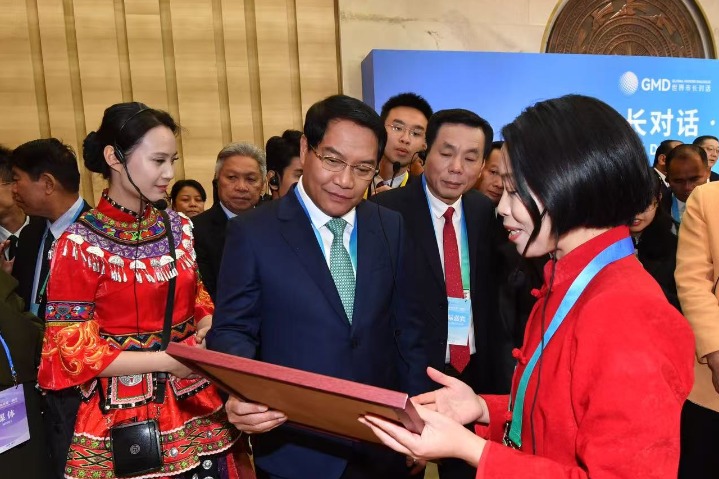Sign that entrepreneurs' rights are better protected: China Daily editorial

China's top court has overturned the guilty verdict handed down to the founder and former chairman of Wumei Holdings Group almost 10 years ago.
Zhang Wenzhong was sentenced to 12 years in prison for fraud, embezzlement and bribery in a final ruling by Hebei High People's Court in 2009. The Supreme People's Court has overturned that verdict citing insufficient evidence and wrongful application of the law by the lower-level court after a retrial was granted in answer to Zhang's appeal in 2016.
In its statement, the supreme court said there was no evidence Zhang had appropriated funds for his own benefit, adding that the earlier rulings had "made errors".
The case involved the property rights of a private enterprise, an area that for a long time was ill-defined as the country transitioned from a planned to market economy. This has led to a number of cases such as Zhang's, raising worries over the business environment for private companies.
The poor protection of property rights has been a major obstacle to the development of the private sector, and prompted some entrepreneurs to move their capital overseas.
However, guidelines were issued in November 2016 to enhance the protection of property rights to raise people's sense of wealth security, boost social confidence, and increase the impetus for private entrepreneurship and innovation. And the decision by the Supreme People's Court to quash Zhang's conviction demonstrates that the Communist Party of China Central Committee is resolved to strengthen the protection of property and entrepreneurs' lawful rights and interests, the court said on its micro blog.
Procedures for Zhang to claim compensation and the recovery of fines and property are to be launched in accordance with the law.
Zhang may consider himself lucky as the rate for retrial is extremely low in China — at less than 0.3 percent. But Thursday's decision by the Supreme People's Court shows that the country is not just paying lip service to those guidelines and it is strengthening the protection of property rights through the comprehensive promotion of the rule of law.
It is to be hoped that lessons can be learned from this and other cases, and the guidelines can be effectively applied to ensure that private enterprises and individuals have confidence their legitimate rights and interests are fully protected.
Today's Top News
- WEF annual meeting to push for global collaboration
- Xinjiang vows to fight against US sanctions
- WEF annual meeting to push for global collaboration
- TikTok goes dark in US as ban takes effect
- People-centered philosophy seen in festive visits
- TikTok tests US earnestness for cooperation






























